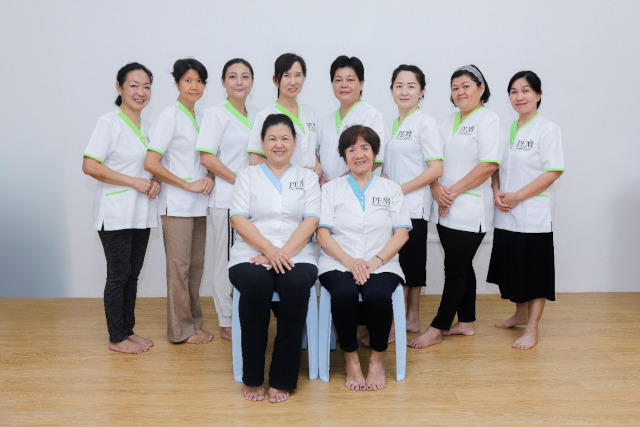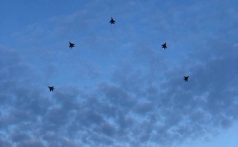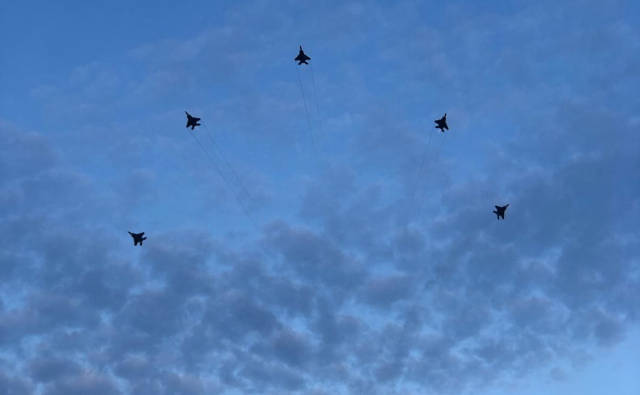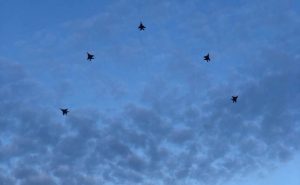What is Influenza A (H7N9)?
Influenza is a viral infection. There are a total of 3 main types of influenza virus: Influenza A, B and C. Avian flu belongs to the Type A Influenza virus. Types A and B are common causes for seasonal human influenza epidemics. The current avian flu in China is H7N9, a subtype of influenza A (other influenza A viruses include H5N1 and H1N1). Both H7N9 and H5N1 are considered animal influenza viruses that sometimes infect people. H1N1 viruses can be divided into those that normally infect people and those that normally infect animals.
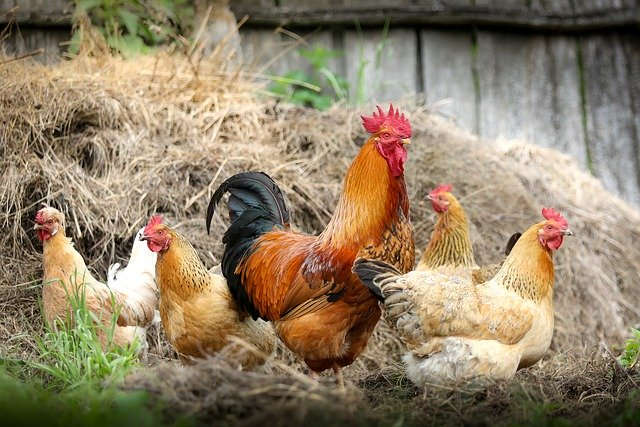
What is the current situation?
On 1 April 2013, the World Health Organisation (WHO) announced that H7N9, a type of flu usually seen in birds, has been identified in a number of people in China. Cases have been confirmed in the following provinces:
- Shanghai
- Jiangsu
- Anhui
- Zhejiang
This is the first time H7N9 has been seen in humans. Some of the confirmed cases had contact with an animal environment such as poultry or pigeons, but a definitive animal source for the virus has not been determined. WHO and Chinese health authorities are still investigating the source of infection and the mode of transmission.
Why is the source of infection still not identified? We have read reports about H7N9 being tested positive in chickens and birds
Current evidence suggests that poultry is a vehicle for transmission but epidemiologists have not been able to demonstrate a strong and clear link. Only a handful of chickens and birds tested are positive for H7N9 but none of them showed any signs of illness. With such a contrasting situation in animals, experts are still uncertain where the source of infection for humans can be.
I read about mutation/transformation of viruses. Is H7N9 doing that?
Continuing assortments/transformation of influenza viruses is one of their unique features. That is why we need a different influenza vaccine every year because it’s always changing. We are now close to a month into the discovery of this virus and there haven’t been any major adjustments noted so far. However, it is unpredictable what can happen in the future and experts are closely monitoring the situation.
I read reports that there were family members who got infected with H7N9. Is this a sign of human to human transmission?
Of the many hundreds of people who were in close contact with the H7N9 patients, very few cases of them have become ill as well. Experts are paying close contact with these patients. These may be sporadic cases of one person passing the disease to another or they may all have been exposed to the source of infection without realising it. Currently, there is still NO evidence of any easy and sustained person-to-person transmission.

What are the symptoms?
As with other influenza strains, H7N9 usually causes:
- Fever
- Cough
- Shortness of breath
In addition, infection with this new virus has resulted in severe respiratory illness, pneumonia and in some serious cases, death.
What can we do to protect ourselves?
There is currently no vaccine to protect against H7N9. At this time, there is also no known case of human to human transmission. Here are some pertinent advice for travellers and residents in China:
- Be alert
- Consult a doctor if you develop flu symptoms: Fever, cough, sore throat, running nose
- Any travel or contact history
- Do not touch birds, pigs or other animals
- Do not touch animals whether they are alive or dead
- Avoid live bird or poultry farms
- Avoid other markets or farms with animals (wet markets)
- Eat food that is fully cooked
- Eat meat and poultry that is fully cooked (not pink) and served hot.
- Eat hard-cooked eggs (not runny).
- Do not eat or drink dishes that include blood from any animal.
- Do not eat food from street vendors
- Wash your hands often
- If soap and water are not available, use hand sanitisers containing at least 60% alcohol
- Avoid touching your eyes, nose or mouth, if you need to touch your face, make sure your hands are clean
- Cover your mouth and nose with a tissue or your sleeve when coughing or sneezing to reduce transmission of air droplets
- Avoid close contact, such as kissing, hugging or sharing utensils with people who are sick
Vaccination
There is currently no known H7N9 vaccine. However, it is still advisable for everyone, especially travellers to Hong Kong or China, to undergo annual influenza vaccinations to avoid catching the seasonal flu and be unnecessarily mistaken for a possible H7N9 patient. With the travel season just around the corner, do visit one of your doctors to get you and your loved ones protected with the latest influenza vaccine.
Treatment
See a doctor EARLY if you develop flu-like symptoms or were in close contact with someone diagnosed with influenza. Current evidence shows that anti-influenza drugs like oseltamivir and zanamivir are useful in the treatment of H7N9 and should be started as early as possible, ideally within 48 hours, to prevent the disease from progressing in severity. For people who have been in close contact with patients with suspected H7N9 or influenza, prophylactic (preventive) treatment can be started to prevent the onset of disease.
* * * * *
Like what you see here? Get parenting tips and stories straight to your inbox! Join our mailing list here.
Want to be heard 👂 and seen 👀 by over 100,000 parents in Singapore? We can help! Leave your contact here and we’ll be in touch.







